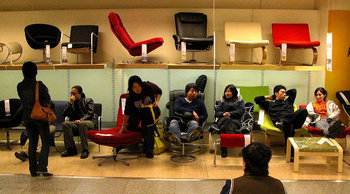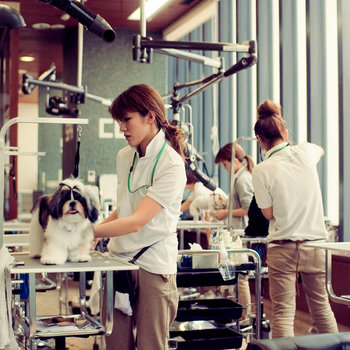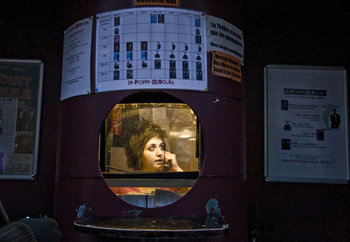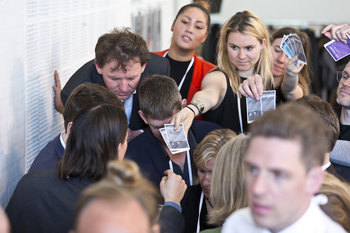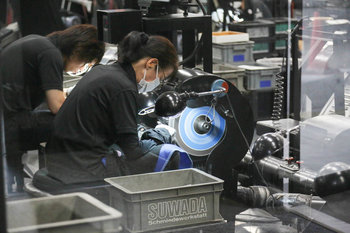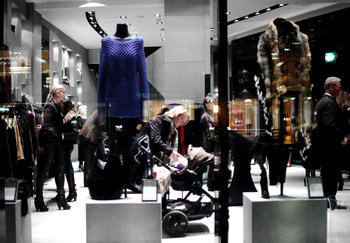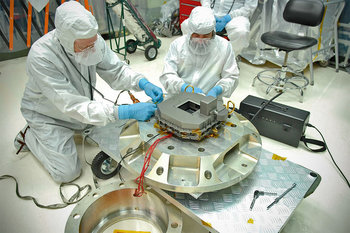
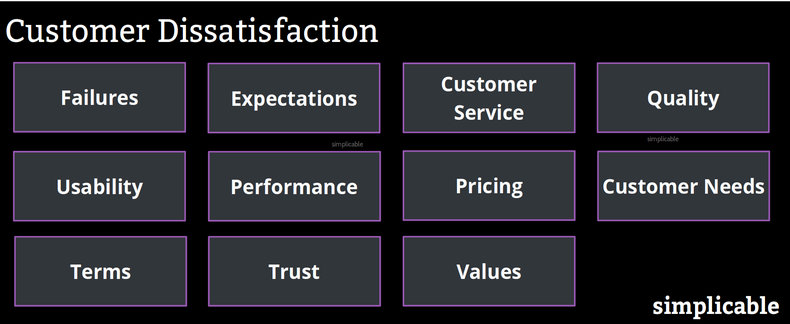
Failures
Failure to deliver what was promised. For example, a product that doesn't match its product description.Expectations
Failure to meet customer expectations. For example, a customer who expects that drinks are free on an international flight who finds they aren't free on a particular airline. This is one reason that firms tend to align to industry norms as customers satisfaction is based on what is expected as opposed to what is promised.Customer Service
Failure to treat customers with common courtesy, listen and diligently work to serve their needs. For example, a passive aggressive customer service representative who intentionally tries to anger customers without breaking any protocol.Quality
Perceived quality shortfalls. For example, a children's toy that smells of chemicals may be perceived as low quality.Usability
Usability issues that make products and services unpleasant to use. For example, a navigation system with a touch screen that seldom works on the first tap.Performance
The performance of products, services and processes such as an unusually long wait for a beverage order at a restaurant.Pricing
Pricing fairness such as a telecom company with a monopoly that is often hiking rates as it knows that customers have high switching barriers.Customer Needs
Products that fail to meet customer needs. For example, a media player that doesn't work with a variety of popular formats.Terms
Legal terms that a customer views as unfair. For example, a customer who feels unsettled by the privacy policy of a bank that gives out customer data to unspecified third parties.Trust
A customer who doesn't trust a firm due to its reputation.Values
Customers who are unhappy with a firm because it doesn't reflect their values. For example, an firm with a reputation for causing environmental problems.| Overview: Customer Dissatisfaction | ||
Type | ||
Definition | A low customer satisfaction rating for an organization, brand, product, service or experience. | |
Related Concepts | ||






